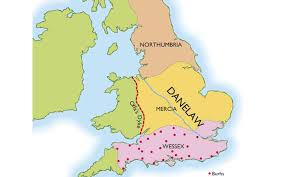Could cameras in operating theatres reduce the risk of preventable accidents and subsequent malpractice claims? Some people are advocating the use of these cameras in hospital settings so as to document what happens during care. Just as the use of Body Worn Cameras has increased the accountability of police officers and the public, could cameras in theatre increase the accountability of medical staff but also protect them from spurious claims?

The aim of filming events during surgery is to form an objective record of what takes place during medical care so that any adverse events that do happen can be researched and prevented in the future. We only improve by learning where we went wrong. An unbiased record will also lessen the amount of time spent on complaints that have no basis when footage is reviewed. For more details on Administration of medical training, go to tidaltraining.co.uk/health-and-social-care-courses/safe-handling-medication-training
Cameras would be a useful tool because the methods currently used to reconstruct an incident are fairly unreliable. These include the recollections of the medical staff involved and notes that were made throughout or after the procedure. These are both subject to interpretation and bias. Recording surgeries offers improved transparency, and accuracy in data gathering for medical records.

New technology is already being tested in Canada with a ‘black box’ design which features a video camera that records both audio and visual footage that is linked with the physiological responses of the patient. This data will mostly serve to protect doctors against false accusations.






